Theoden Netoff
Principal Investigator
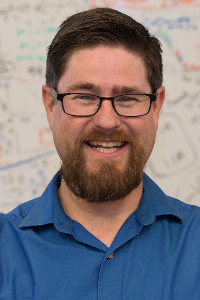
Education
- B.S. Psychology - University of California - Berkley - 1994
- PhD Neuroscience - George Washington University - 2001
- Postdoctoral Fellow - Boston University - 2001-2006
Research Interests
Ahmed Ramadan
Post Doctoral Research Assistant
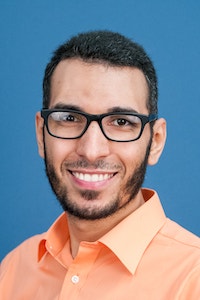
Education
- B.S. in Mechatronics - Ain Shams University, Egypt - 2008
- M.S. in Mechatronics - Ain Shams University, Egypt - 2012
- PhD in Mechanical Engineering - University of Michigan - 2018
- Post Doc Fellow - Maryland Robotics Center - University of Maryland, Baltimore - 2021
Research Interests
- Optimization algorithms, rehabilitation robotics, and biomechanics
Current Project
- Investigation of spinal cord stimulation as a treatment and biological feedback modality.
Zach Sanger
PhD Student
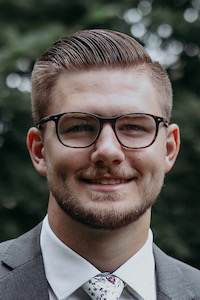
Education
- B.S. in Electrical Engineer - North Dakota State University - 2019
- M.S. in Biomedical Engineering - University of Minnesota - 2021
- PhD in Biomedical Engineering - University of Minnesota - In Progress
Research Interests
- Closed loop stimulation parameter optimization algorithms, closed loop dynamic controls system state estimation algorithms, and novel neuromodulation therapy design and development
Current Project
- Seizure suppression through stimulation parameter estimation algorithms
- Real time parameter optimization and state modeling system development
- Micromagnetic coil novel stimulation therapy in vivo testing
Roshina Mohamed Rafee
Undergraduate Student

Education
- B.S. in Computer Engineering - University of Minnesota - In Progress
Research Interests
- Spinal cord injury simulation, brain simulations during epilepsy
Current Project
- Improving Brier Skill Score (BSS) for paralyzed patients with spinal cord injury
Co-Advised Students
Kate Dembny
MD/PhD Student

Education
- B.S. in Neuroscience - University of Texas - Austin - 2017
- BA in Women's and Gender Studies - University of Texas - Austin - 2017
- MD/PhD in Biomedical Engineering - University of Minnesota - In Progress
Co-Advisor
- Alex Herman, MD, PhD & David Darrow, MD - LAB
Research Interests
- Neurostimulation for treatment of neurological and psychiatric disease, signal processing, stimulation optimization, computational tool development, and ethical conduct of human research
Current Project
- Tensor analysis of n-back data in patients with Parkinson's Disease
Joseph Nelson
PhD Student
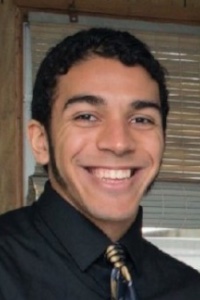
Education
- B.S. in Physics - University of Pittsburgh - 2020
- B.S. in Mathematics - University of Pittsburgh - 2020
- PhD in Biomedical Engineering - University of Minnesota - In Progress
Co-Advisor
- Alik Widge, MD, PhD - LAB
Research Interests
- Closed loop neuromodulation for psychiatric and neurological disorders, real time estimation and control, dynamical systems
Current Project
- Control of cross-regional neural synchrony
- Adaptive phase response curve estimation
Andres Kiani
Post Baccalaureate Student
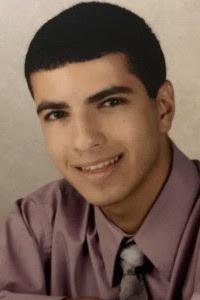
Education
- B.S. in Neuroscience - University of Minnesota - 2017
- B.S. in Physics - University of Minnesota - 2017
Co-Advisor
- Geoffrey Ghose, PhD - LAB
Research Interests
- Applied Mathematics. Nonlinear Dynamics. Mathematical and Computational Neuroscience.
Current Project
- Mean field modeling of V4 alpha rhythms and visual information processing
- Model assimilation to data
- Optical imaging data analysis